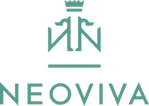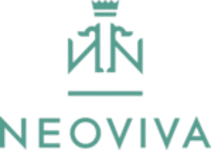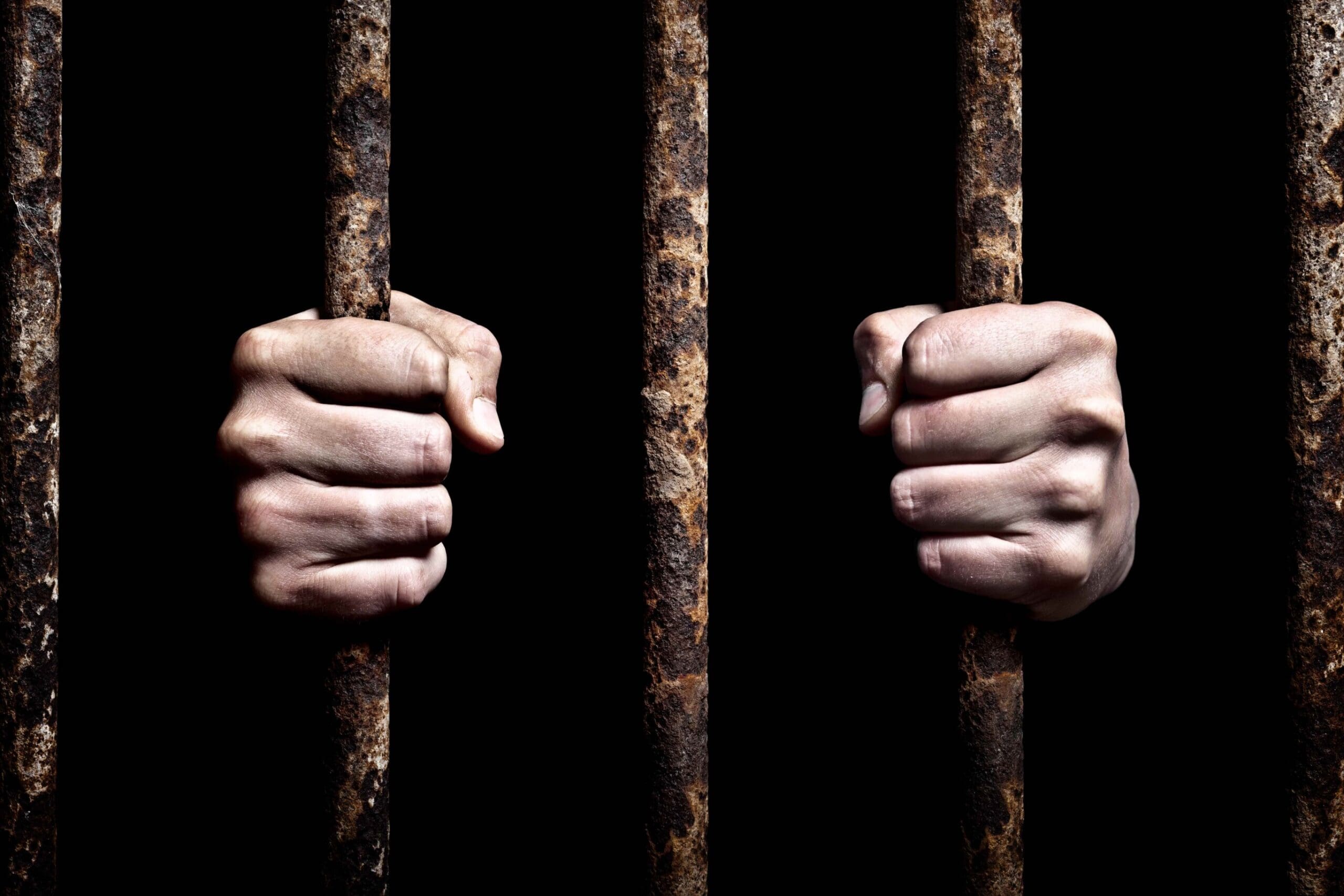“Is there a cure for addiction or will I struggle with it for the rest of my life?” Anyone struggling with addiction most probably wished for something that would make the craving, the pain of withdrawal go away. Forever. But can addiction be cured at all?
Is there a cure for addiction? No.
Can it be treated? Yes!
Is treatment the only way out? Well, not necessarily …
«Wait a minute,» you might say. «Does that mean that there is a difference between ‘cure’ and ‘treatment’?» Exactly. While many people use these two expressions interchangeably, they do not mean the same thing. So don’t be discouraged when you hear that addiction is not curable. Read on to learn more about the difference between a cure and a treatment and how the latter can open the door to recovery.
«Cure»
A «cure» leads to a complete restoration of health. It is the elimination of a disease or condition. According to the American Psychiatric Association, addiction is a «chronic medical disease involving complex interactions among brain circuits, genetics, the environment, and an individual’s life experiences». It causes changes in brain behaviour in regions responsible for reward, motivation, learning, and behavioural control. In short: addiction is an extremely complex matter.
There is no pill that can heal its impact on a person’s physical or mental state.
There is no radiation that can «reshape» the brain or alter genes that may make you susceptible to substance abuse.
There is no cure for addiction.
«Treatment»
A «treatment» is understood as a process that leads to an improvement in health. This process, however, may or may not include the complete elimination of a disease or condition.
Treatment allows you to enter recovery, i.e. to manage your addiction by means of resuming a healthy lifestyle. You may view addiction as a condition on a scale from 0 (total relapse) to infinity (addiction-free, i.e. «cured»). Depending on how you can control or manage your addiction or how effective the treatment is, you will find yourself moving up and down the scale – but never reaching infinity. As addiction is a very complex and individual disorder, there is no «one size fits all»-treatment. Depending on your personality, family history, social situation, the drug you are abusing, etc., treatment programs offer various therapy approaches regarding the psychological, physical, biological, behavioural, and/or environmental aspects of addiction. That way, they can increase the odds of long-term effectiveness of recovery. Mind you, not every initial treatment is immediately successful. Brain chemistry cannot be altered in a few weeks, so long-term continuing care and commitment is very important. You may even feel the need to return to rehab to recommit to a new treatment.
Maturing Out
Intriguingly, most affected people do not undergo treatment to overcome addiction. They eventually reduce or stop their addictive actions themselves, be it due to changing perspectives, be it thanks to the support of their social circle, or because the needed substance is no longer available to them. Many reasons, one outcome: “maturing out”, i. e. natural recovery from addiction is the norm.[i]
This doesn’t mean it is a walk in the park or that it doesn’t take effort. Maturing out takes time, motivation, a high level of self-awareness, and a supportive environment. Moreover, as natural recovery is not guaranteed, a large number of people still need professional help to quit.
Support
There may not be a cure for addiction, but NEOVIVA can help you gain the coping skills and insight needed for long-term recovery. This journey away from addiction takes time, dedication, and discipline. Please contact us to learn how we can support and accompany you through this process.
Sources
[i] Bischof, G., Rumpf, H.-J., & John, U. (2012). Natural recovery from addiction. In H. Shaffer, D. A. LaPlante, & S. E. Nelson (Eds.), APA addiction syndrome handbook, Vol. 2. Recovery, prevention, and other issues (pp. 133–155). American Psychological Association. https://doi.org/10.1037/13750-006




0 Comments